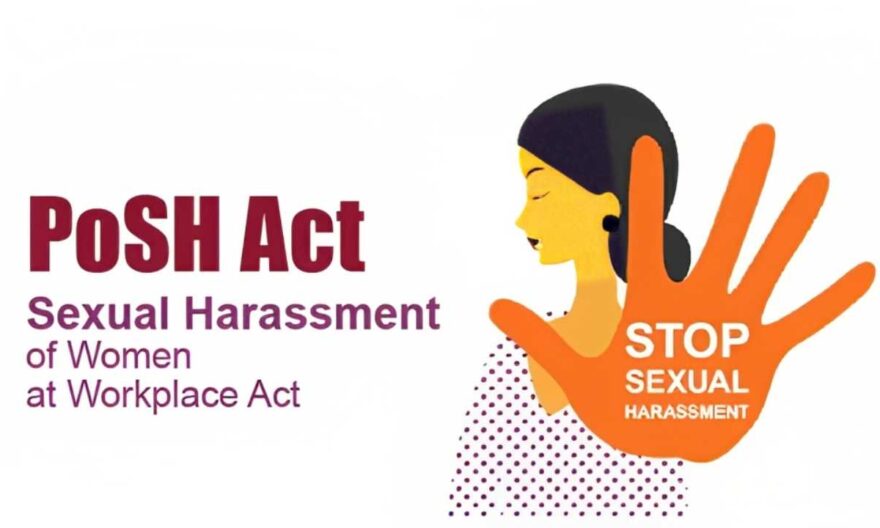
The Supreme Court has directed the Principal Secretaries of the Ministry of Women and Child Development in all states to ensure the appointment of an officer in every district within four weeks to oversee the effective implementation of the Sexual Harassment at Workplace (Prevention, Prohibition, and Redressal) Act.
The POSH Act is legislation enacted by the Government of India in 2013 to address the issue of sexual harassment faced by women in the workplace.
A bench of Justices S Ravindra Bhat and Dipankar Datta also directed the Women and Child Development Ministry of every state to consider identifying a ‘nodal person’ within the department to oversee and aid in coordination as contemplated under the POSH Act.
This person would also be able to coordinate with the Union government on matters related to this Act and its implementation, it said.
“Each State/UT Government is to submit a consolidated report of its compliance with the directions to the Union Government within eight weeks. The latter is hereby directed to consolidate the various reports, identify any lapses in the compliance by the State and try to remedy it, before filing a consolidated affidavit of compliance – detailing the States’ compliance, and the Union Government’s action taken in regard to the direction within 12 weeks from the date of this judgment,” the bench said.
The top court said a circular or bulletin containing the names of all district officers, and their contact details along with a district-wise chart of the various nodal officers and their contact details, must be uploaded on the department’s website in a conspicuous location within six weeks.
“The Union Government ought to consider amending the Rules, so as to operationalize Section 26 of the Act, by recognizing a reporting authority, and/or a fine-collecting authority.
“The Union Government may also consider amending the Rules so as to identify one Department (preferably the Women and Child Department), and create a ‘nodal person’ post within the said Department to be responsible for the coordination required in the implementation of the Act. This will ensure greater uniformity in the implementation of the Act across the country,” the bench said.
The apex court said district officers should be mandatorily trained regarding their important responsibilities.
“Given their position in the redressal framework contemplated in the Act, they must first be sensitized to the nature of sexual harassment, the gendered interactions that occur in the workspace, etc. The State Governments must organize periodic and regular training sessions at the District level which are to be attended by the District Officer, members of the local committee, and nodal officers,” the bench said.
As it issued a series of directions, the top court ordered the Centre and the state governments to allocate financial resources to develop educational, communication, and training material for spreading awareness about the provisions of the Act.
“The District Officers, once nominated by the State, are hereby directed to identify the non-governmental organizations working with women and their protection within the district, and take action pursuant to their duty under Section 20(b) for the creation of awareness.
“The appropriate government or district officers in question must also undertake an effort to spread awareness on the existence of LCs (local complaints committee), and make them approachable for the unorganized sector – thus operationalizing the horizontal import of this Act,” the bench said.
Noting that the Ministry of Women and Child Development, Government of India, has prepared a handbook for implementation of the POSH Act, the top court directed that a targeted effort be made to share this information with each District Officer.
The matter has been listed for the next hearing in the first week of February 2024.
The top court was hearing a plea filed by NGO Initiatives for Inclusion Foundation and others seeking directions to the Centre and state governments to take steps for implementing the provisions of the Sexual Harassment at Workplace (Prevention, Prohibition, and Redressal) Act, 2013 read with the Sexual Harassment of Women at Workplace (Prevention, Prohibition, and Redressal) Rules, 2013.




